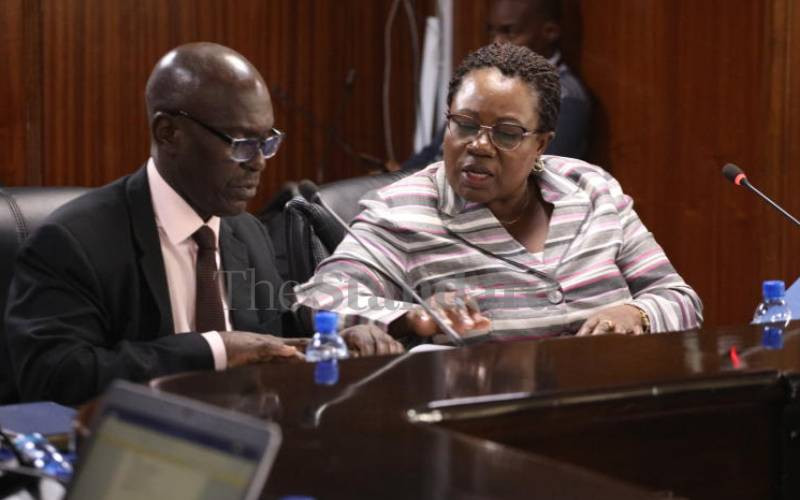×
The Standard e-Paper
Stay Informed, Even Offline

A suspended Kenya Revenue Authority (KRA) official allegedly pocketed Sh130,000 to facilitate the release of condemned sugar worth Sh20 million, a parliamentary committee has heard.
KRA officials who appeared before the National Assembly Trade and Investment Committee said that investigations by the Directorate of Criminal Investigations (DCI) had established that a Derrick Kago allegedly received the said payment.